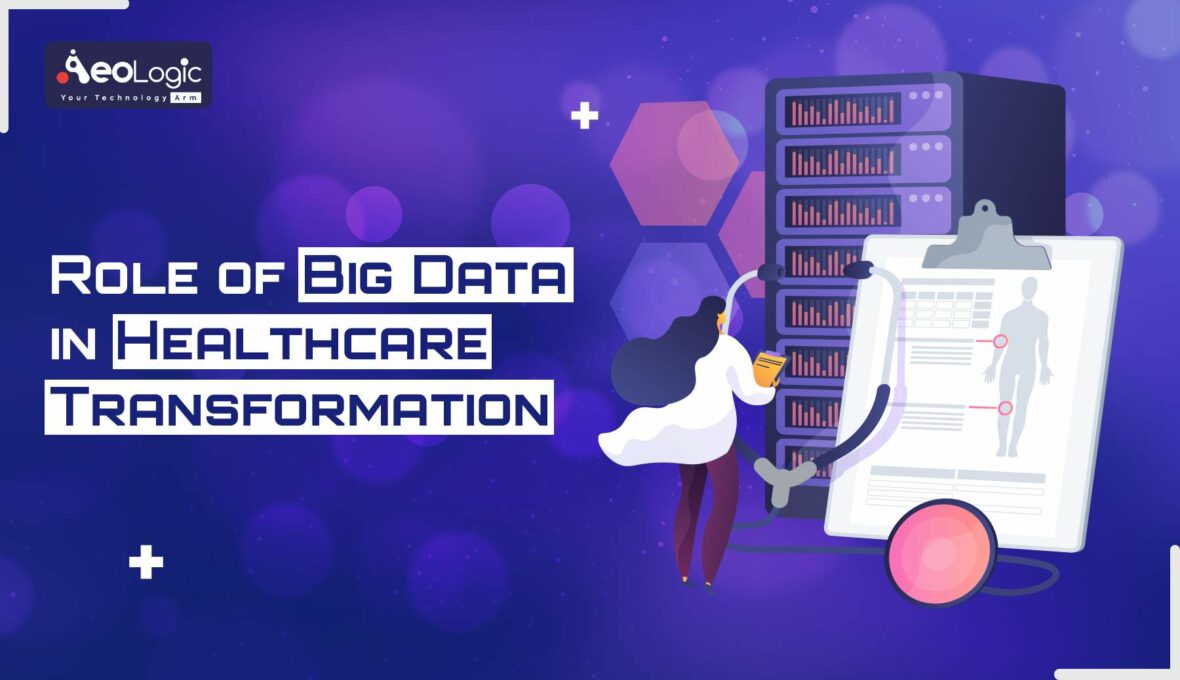We live in an era of unprecedented technological advancements, and we are generating more data on annual basis than ever before. When we think about the opportunities that are afforded by this generation of exorbitant amounts of information we can start to understand and interact with the world in a better way. Throughout the world, the healthcare sector spends trillions of dollars in a year on chronic conditions, like cancer, heart disease and diabetes. If there is a way figured out to incorporate lifestyle changes or adjustments that reduce the need for medication or procedures, the sector can not only saves money for the system but also will improve the quality of life for individuals.
Role Big Data in Healthcare Industry
Here check the some examples, role of big data in healthcare industry –
1. Prominent Patient Tracking:
Especially in today’s world where virtual visits in the healthcare industry have come to the mainstream after covid-19. It is beneficial to both the healthcare providers and to the patients as well. Remote patient monitoring (RPM) solutions have become an important factor in the healthcare sector solving the needs of the patients from outside the typical clinical settings. The data generated from RPM enables in reducing the costs of healthcare, improving the management of hospitals and gives a great scope of research and development to the healthcare industry.
2. Better Diagnosis:
With the use of predictive analytics life-changing and life-shortening risks get reduced, big data analytics helps the healthcare providers to detect, identify and differentiate the disease at an early stage, it enables a profound diagnosis of every patient and thus results in a better health facility.
3. Better research and development (R&D) for the treatments:
The implementation of big data in medical and pharma leads to more prominent and faster research and development for new treatments to cure the patients faster. The implementation of machine learning with big data enables the healthcare industry to study the genome in-depth and apply the correct treatment accordingly.
4. Reduction in Frauds:
The use of data management tools enables the healthcare industry in reducing the number of frauds associated with data breaches. This industry is a very vulnerable sector, the patient’s data is very sensitive and valuable thus the use of advanced technologies like data management becomes very important to mitigate the risks of cyber-attacks.
5. Managing Healthcare Staff:
The implementation of machine learning and big data leads to analysing the accurate patterns in the admissions rates and visits which results in solving problems of inefficiency and ineffectiveness. The data management tools help in reducing labour costs provides high-quality care to the patients and improve the customer experience as well.
6. Provides Cost-Saving Opportunities:
The implementation of a big data solution offers tons of benefits and helps the organization to optimize its work process. The healthcare industry is subject to make costly as well as wasteful errors that will give adverse effects on both the healthcare providers and the patients, these errors give the patients a lot of inconveniences. The data analytic tools enable the organization to make better decisions, understand the usage patterns, and monitor the performance of the work.
Conclusion
Big data solution is capable of solving tons and tons of problems in the healthcare industry making the industry more optimized which indeed be benefited both the healthcare providers as well as the patients, it makes the process faster and smoother by analyzing the patterns prominently and giving predictive decisions accordingly.






